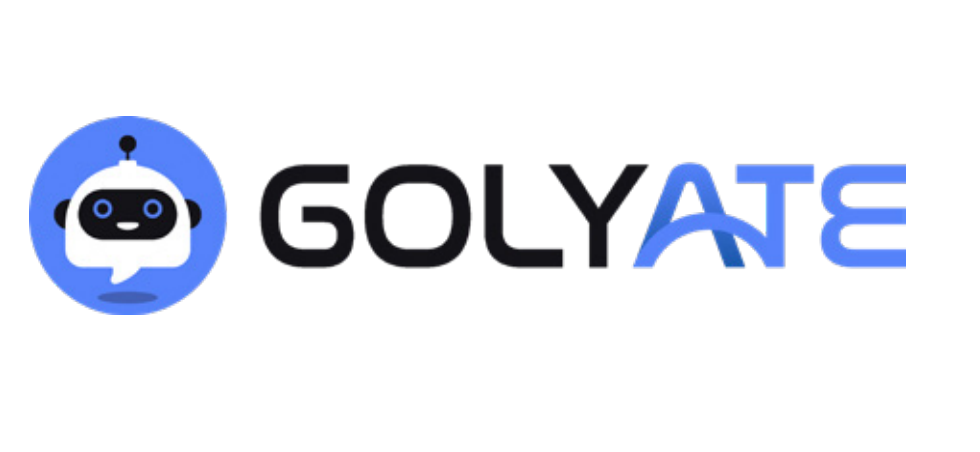KuCoin Token Surges Amid Crypto Market Volatility
Brimful of surprises, the cryptocurrency market exhibits...
Ethena Emerges As Rising Star In DeFi Landscape
In the rapidly evolving crypto sphere, a new star has been...
5 Most Profitable Tap to Earn Crypto Games
Looking to earn crypto while having fun? The world of...
MultiversX Sees Growth As Crypto Market Recovers
Amidst the constant stream of new cryptocurrencies, it is...
Night Fury Shakes Up Crypto World
When it comes to cryptocurrency there is new comer and this...
Gobble Coin Skyrockets Crypto Market Stunned By Meteoric Rise
In a surprising turn of events, the cryptocurrency market...
Top 10 Best Crypto Telegram Groups & Channels Of 2025
Looking for reliable crypto insights and real-time market...
Yellow Pepe Coin Surges 82 Percent
As the world of cryptos continues to expand, we find a new...
Tokenbot Surges Crypto Market Abuzz With CLANKER’s Rapid Ascent
In the continuous flow of events in the crypto space, there...
Golyate Expands Internationally to Democratize AI Access for SMEs
The adoption of artificial intelligence (AI) is rapidly...











 Bitcoin
Bitcoin  Ethereum
Ethereum  Tether
Tether  XRP
XRP  USDC
USDC  Solana
Solana  TRON
TRON  Lido Staked Ether
Lido Staked Ether  Cardano
Cardano  Avalanche
Avalanche  Toncoin
Toncoin